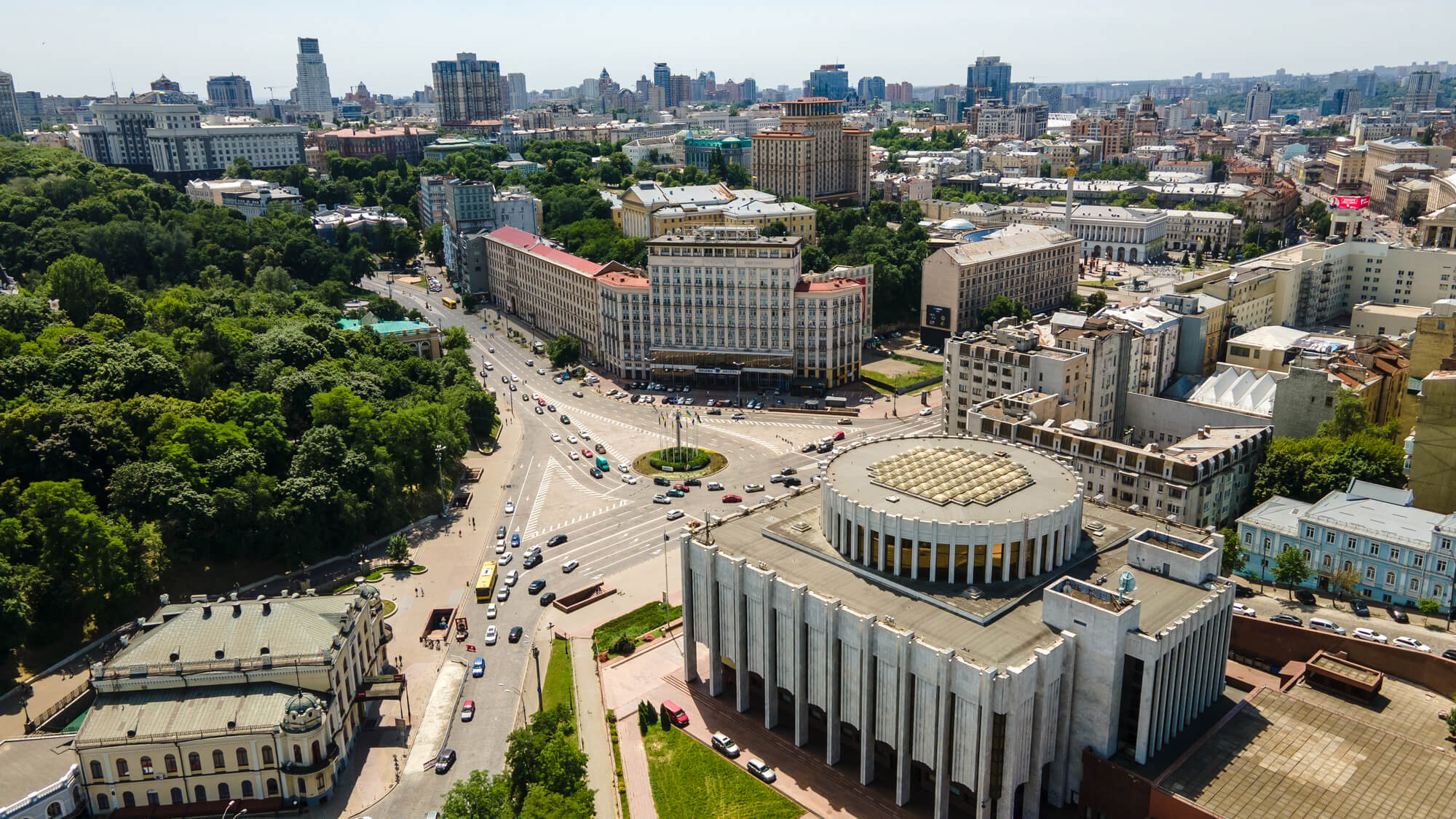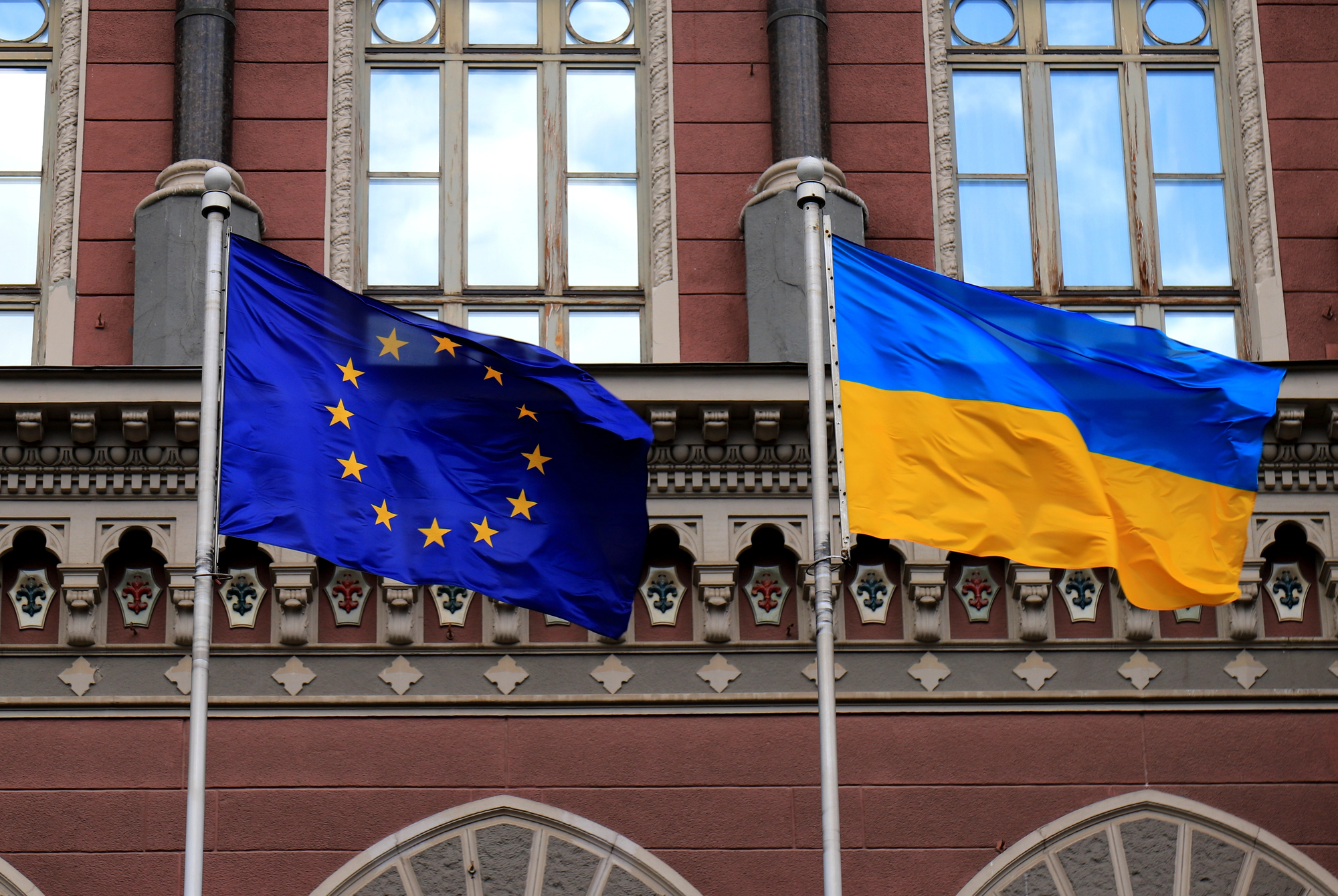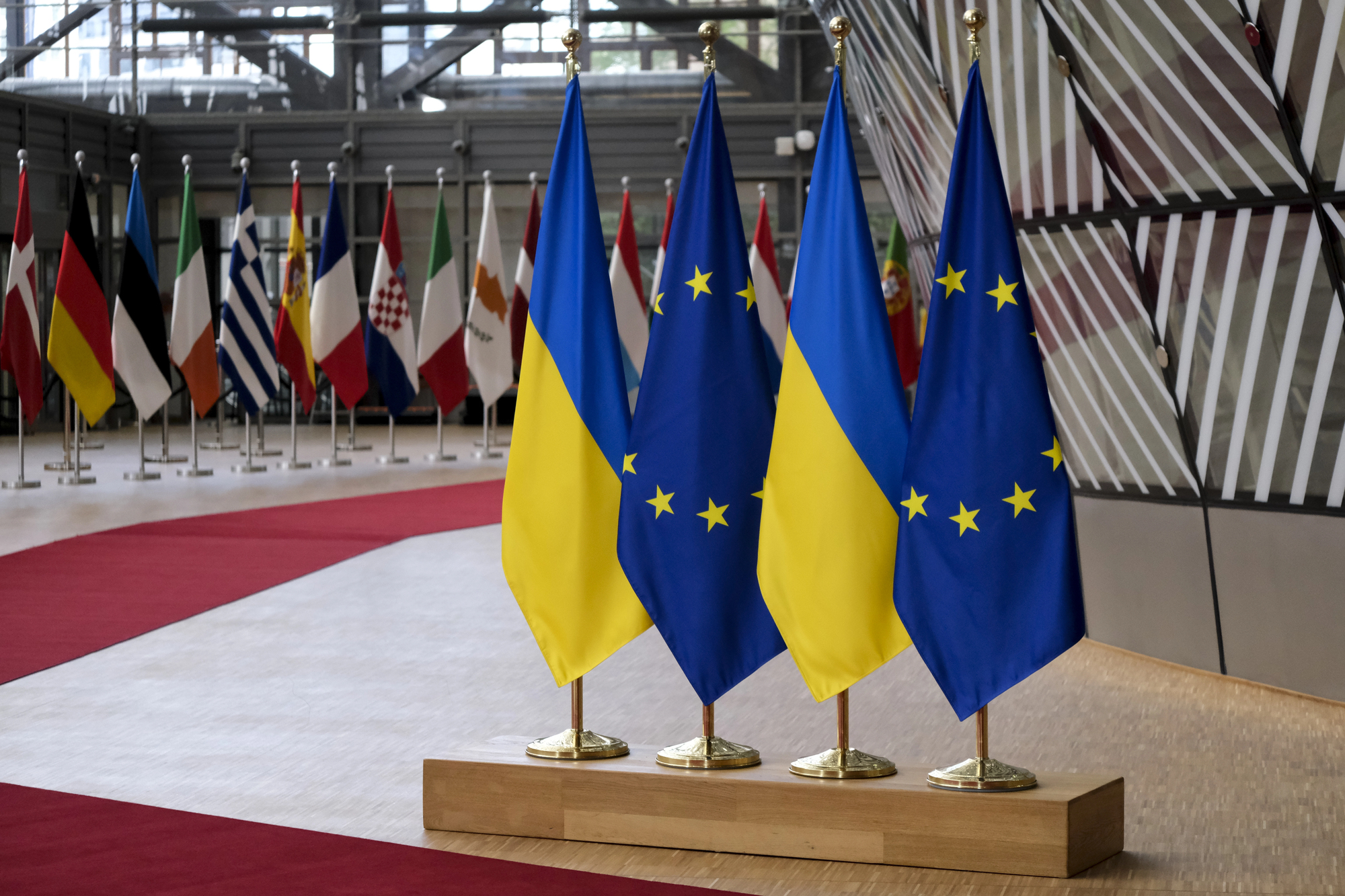In issue 202 (issue 195 before the audit) of the Reform Index, 13 significant regulations have been included for the period from December 19 to January 1. Therefore, the last weeks of the year were the most “dense” in terms of reforms, enabling the Reform Index to rise from +0.3 points to +0.9 points, with values ranging from -5 to +5.
It should be reminded that the Index is calculated as an average value of six observation areas.
Among the 13 changes (see Chart 3), two scored +2, which experts believe separates significant changes from less important ones, with two more changes almost reaching this score, with +1.5 points. More about them later.
Chart 1. Reform Index Dynamics
Chart 2. Reform Index and its components in the current round
Law on Media, +2 points
In late December, the president signed law 2849-IX on media, which was among the key blocks of reforms allowing Ukraine to secure EU candidate status. It partially implements the requirements of Directive No. 2010/13/EU, including ensuring media pluralism, consumer rights, the proper functioning of the domestic market, and access to information regarding media outlets’ ownership structure.
The new law significantly expands Ukraine’s media market regulation, with online platforms and video services being regulated for the first time. The law also increases the powers of the National Council of Ukraine for Television and Radio Broadcasting (National Council), extending its mandate to television, radio, print, and online media. The National Council received authority to impose sanctions on media outlets and, in some cases, block anonymous online resources (when a website provides no newsroom contact details) even before the court’s decision.
There are also algorithms for working with media offenders. At first, they are ordered to correct the violations. If the violations pile up, the media outlet is fined. When the fines pile up (10 or more penalties for significant violations or two or more fines for gross breaches not abolished at the time of the case), it can result in taking away the license. The law lists minor, significant, and gross violations.
In addition, the law prohibits showing films released after January 1, 2014, popularizing the state and law enforcement agencies of the aggressor state or the USSR and justifying the occupation of Ukraine’s territory.
The risk of high politicization of the National Council (not corrected by law) has been the subject of criticism. The Council’s members are elected according to the quota of the President and the Verkhovna Rada (50% each). The professional community can influence the National Council’s composition only at the nominations stage but not at the approval stage. The law’s authors explain retaining the provision by its being enshrined in the Constitution, which cannot be changed during martial law.
The law contains a limited list of reasons for terminating the powers of the National Council. These include voluntary resignations; health conditions; revoking Ukrainian citizenship or having citizenship in another country; violating the appointment requirements (training, citizenship, command of the state language, and work experience in the field of 5 years or more); entry into force of a court conviction; non-participation in three consecutive National Council meetings without valid reasons; violating the requirements of the law on oligarchs regarding the submission of declarations; and death. On the one hand, it enhances the National Council’s independence from the influence of those who appointed them. On the other hand, it makes removing unscrupulous National Council members difficult.
Information about the Reforms Index project, the list of Index experts and the database of the regulations assessed are available here.
Law on chemical safety and management of chemical products, +2 points
The Cabinet of Ministers initiated the adoption of the framework law (2804-IX) on chemical safety. It provides key legal definitions; introduces a risk-oriented approach in working with chemical products; establishes the regulators’ authority; and partially implements European regulations’ requirements. In particular, the fundamental technical requirements of REACH (on registering chemical substances) and CPL (on labeling and packaging substances and mixtures). It is planned that the rest will be covered in the by-laws.
Adopting this law lays the foundation for creating a single database of dangerous chemical substances in Ukraine and informing the public about their properties. For this purpose, a state register of chemical substances and a register of hazard classification and information about the dangers of chemical products will be created.
The law also abolishes the need to license the production of hazardous chemicals by limiting the production of substances posing an uncontrolled risk to human health and the environment and limiting the concentration of dangerous substances in finished products or banning the use of particular substances in Ukraine.
Law on copyright and related rights, +1.5 points
A new version of the law “On copyright and related rights” is coming into effect in Ukraine, replacing the outdated law of 1993.
The new law updates the definitions in this area, adding to them the concepts of photographic works and orphan works (whose copyright holders cannot be found). It expands the list of copyrighted items (by adding music and light shows, circus performances, landscape formations, theatrical productions, artistic forging, etc.) as well as broadly regulates the protection mechanisms for copyrighted items and such rights’ period of validity.
The law is an essential step in harmonizing Ukrainian legislation with European regulations on ensuring the protection of copyright and related rights and implementing some European Parliament directives (in particular, 93/83/EU, 96/9/EU, 2001/29/EU, 2001/84/EU, 2006/115/EU, 2009/24/EU, 2012/28/EU, and 2014/26/EU) and several international treaties.
The law modernizing the regulation of subsoil use, +1.5 points
Law 2805-IX is a step towards deregulating subsoil use in Ukraine by introducing international standards in this area.
The regulation reduces the list of documents needed to obtain a special permit. It abolishes mining concessions (except for companies engaged in the underground extraction of minerals), approvals by the State Service on Geology and Subsoil Service of Ukraine for mineral deposit projects, local authorities’ subsoil use approvals to extract underground water and develop peat deposits. A single permit has replaced special geological exploration and subsoil use permits.
According to the law, a special subsoil use permit can be granted only based on electronic auction results, except for a clearly defined list of exceptions (e.g., when someone wants to extract minerals on their own subsoil plot of up to 25 hectares).
Its significant innovation is introducing the special permit holders’ right to sell it, use it as collateral, or contribute it to companies’ authorized capital, which should allow more effective use of these permits in economic activity.
The law also stipulates that users of Ukrainian subsoil cannot be residents of the aggressor countries or legal entities owned by citizens of the aggressor countries or persons registered in such states.
Chart 3. Value of Reform Index components and number of events
Reform Index from VoxUkraine aims to provide a comprehensive assessment of reform efforts by Ukraine’s authorities. The Index is based on expert assessments of changes in the regulatory environment in six areas: Governance, Public Finance, Monetary system, Business Environment, Energy, Human Capital.
This article was prepared with the financial support of the European Union. Its content is the sole responsibility of Kseniia Alekankina and does not necessarily reflect the views of the European Union.
Attention
The author doesn`t work for, consult to, own shares in or receive funding from any company or organization that would benefit from this article, and have no relevant affiliations







